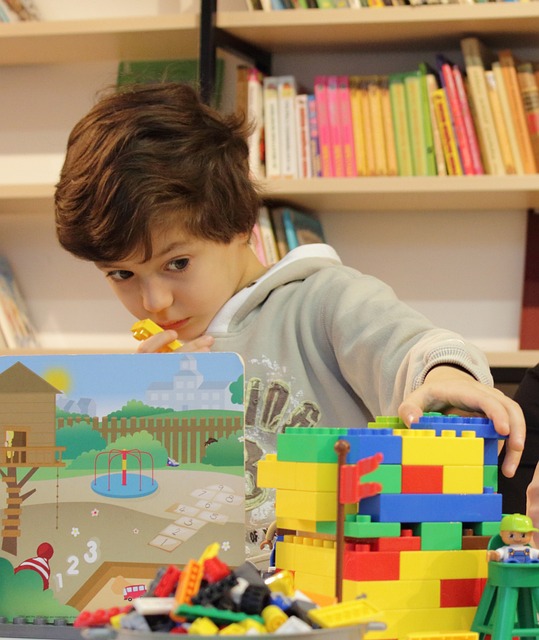
Across emotional, social, and intellectual domains, play is a critical tool for development. Through play, children learn how to regulate their emotions, interact with others, and solve problems. Whether it’s playing make-believe with peers, building a tower of blocks, or exploring the outdoors, play offers children the opportunity to practice and refine their developing skills.
Unstructured play, in particular, is vital for allowing children to explore their creativity and make sense of the world around them. It gives them the freedom to take risks, experiment, and learn from their experiences in a safe and supportive environment.
Parents can support their child’s development by providing time and space for unstructured play, as well as engaging in play activities that stimulate learning. Simple activities like reading together, playing board games, or solving puzzles can be both fun and intellectually enriching.
Positive vs. Negative Kinds of Play
Play is a vital aspect of child development, shaping a child’s emotional, social, intellectual, and physical growth. Through play, children explore their surroundings, develop critical thinking skills, and practice social interactions, all while having fun. Understanding the types of play that are most beneficial—and those that may have negative consequences—is essential for parents who wish to nurture healthy development in their children.
The Importance of Play in Child Development
Children use play as a means to learn about the world and themselves. Play stimulates creativity, imagination, and problem-solving skills, while also fostering emotional resilience and social competence. When children engage in play, they experience a wide range of emotions, such as joy, frustration, and empathy, which helps them develop emotional intelligence and self-regulation.
Moreover, play helps children build motor skills, language abilities, and cognitive functions. Research has shown that children who regularly engage in active play develop stronger physical coordination, better communication skills, and enhanced brain development.
In short, play isn’t just about fun—it’s an integral part of healthy development.
Positive Kinds of Play
Certain types of play offer particular benefits for child development, nurturing their emotional, social, and intellectual growth.

- Unstructured Play: Also known as free play, unstructured play is where children engage in activities without predefined rules or goals. This type of play fosters creativity and independence, allowing children to explore their environment, use their imagination, and develop decision-making skills. Examples include building with blocks, playing pretend, or drawing. Free play encourages self-expression and problem-solving while boosting confidence and resilience.
- Physical Play: Active play, such as running, climbing, or playing ball, is essential for developing gross motor skills and physical health. It also helps children release energy and build coordination. Physical play promotes teamwork, especially in group activities, where children learn the importance of cooperation and fair play.
- Cooperative Play: In cooperative play, children work together to achieve a common goal, such as building a sandcastle or playing a team game. This type of play teaches social skills, like communication, sharing, and resolving conflicts. Cooperative play helps children develop empathy, as they learn to consider others’ perspectives and work collaboratively.
- Educational Play: Puzzles, board games, and educational apps fall into this category. These types of play enhance cognitive development, improve concentration, and teach critical thinking. Children also gain valuable skills such as counting, literacy, and problem-solving while having fun.
Negative Kinds of Play
Not all types of play contribute positively to a child’s growth. Some forms of play can have harmful effects on their behavior and development.
- Aggressive Play: This type of play, characterized by violence or overly competitive behaviors, can lead to aggressive tendencies in children. When children repeatedly engage in rough physical play or violent video games, they may develop behavioral issues such as aggression, lack of empathy, or difficulty handling conflicts.
- Excessive Screen Time: While technology has a place in child development, too much screen-based play, such as video games or passive TV watching, can hinder social interaction and physical activity. Excessive screen time has been linked to problems such as poor attention spans, reduced physical fitness, and sleep disturbances.
- Isolated Play: While independent play is important, consistently playing alone in ways that limit social interaction may signal problems. Children who exclusively play alone may struggle with social skills, feel isolated, or have difficulties engaging with peers.
Conclusion
Play is a cornerstone of healthy child development, offering children opportunities to explore, learn, and grow in positive ways. While most types of play have developmental benefits, it’s essential for parents to guide their children toward constructive activities and away from harmful habits. By fostering positive play experiences, parents can support their child’s emotional, social, and intellectual well-being, laying the foundation for a happy and successful future.






















